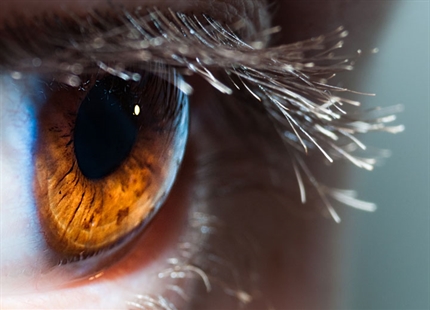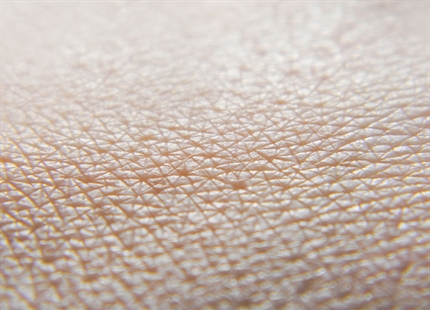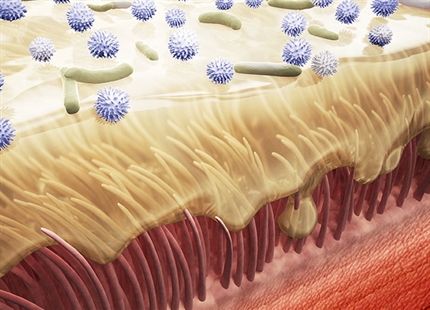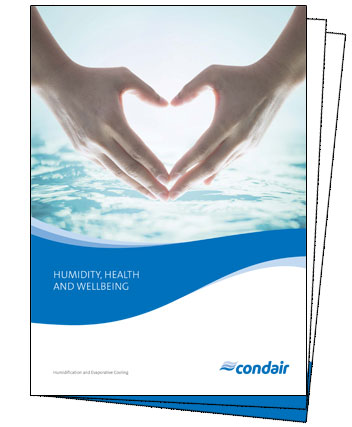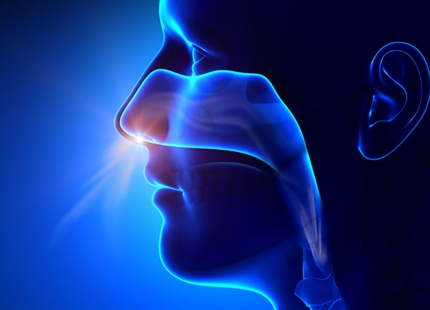Published: Aug 2007 | Environ Int. 2007 Aug;33(6):850-7. Epub 2007 May 17
The dichotomy of relative humidity on indoor air quality
Wolkoff P, Kjaergaard SK.
Abstract
“We have re-evaluated, by review of the literature, how low relative humidity (RH) may influence the immediately perceived indoor air quality (IAQ), including odor, and cause irritation symptoms (i.e. longer-term perceived IAQ)”.
Authors did a literature research in major medical databases with the term “Relative Humidity” combined with a wide variety of terms like: air quality, cabin air, dry eyes, formaldehyde, inflammation, mucous membranes, offices, ozone, pungency, sensory irritation, particles, precorneal tear film, sick building syndrome, stuffy air, and VOCs. Important: “airway infection by virus” and “moisture-damaged buildings and materials” were exclusion criteria and not selected.
The impact of RH on the immediately and longer-term perceived IAQ by VOCs, ozone, and particles is complex, because both the thermodynamic condition and the emission characteristics of building materials are influenced.
Conclusion
“Most effects of humidity are ambiguous”, is the core statement of the authors, expressed in the title of the publication as “Dichotomy”.
Epidemiological, clinical, and human exposure studies indicate that low RH plays a major role in the rising frequency of reported eye irritation symptoms by alteration of the precorneal tear film. Studies indicate that RH about 40% is better for the eyes and upper airways than levels below 30%. The optimal RH may differ for the eyes and the airways regarding desiccation of the mucous membranes.
Quote: “The recommendation that “IAQ should be dry and cool" … should be considered cautiously about the development of irritation symptoms in eyes and upper airways during a workday. Studies indicate that RH about 40% is better for the eyes and upper airways than levels below 30%”.
Scientific studies main menu

L'air sec et nos yeux
Une trop faible humidité assèche le film lacrymal précornéen de nos yeux, ce qui nous rend sujet aux irritations oculaires et rend le port des lentil...
Read moreLa peau et l'air sec
Une humidité trop faible dessèche la couche externe de notre peau, ce qui provoque des démangeaisons, des gerçures et des problèmes dermatologiques.
Read moreL'air sec et notre système immunitaire respiratoire
Une faible humidité assèche nos muqueuses et inhibe la défense naturelle de notre corps contre les microbes, virus et bactéries en suspension dans l'...
Read moreFaible humidité de l'air et ses effets sur les infections aéroportées
Une faible humidité de l'air favorise la propagation des virus et des bactéries dans l'air et leur diffusion dans un bâtiment entier, menaçant ainsi...
Read more